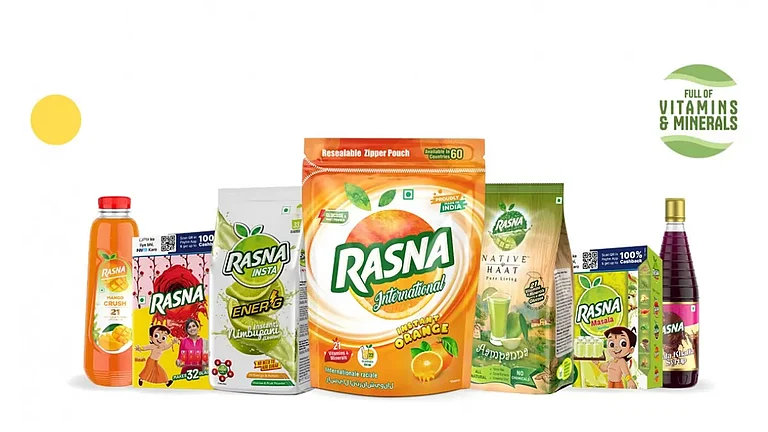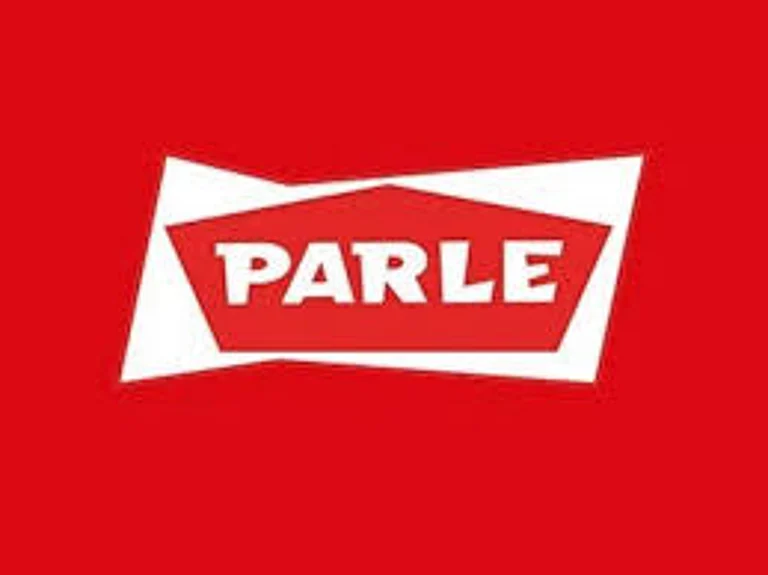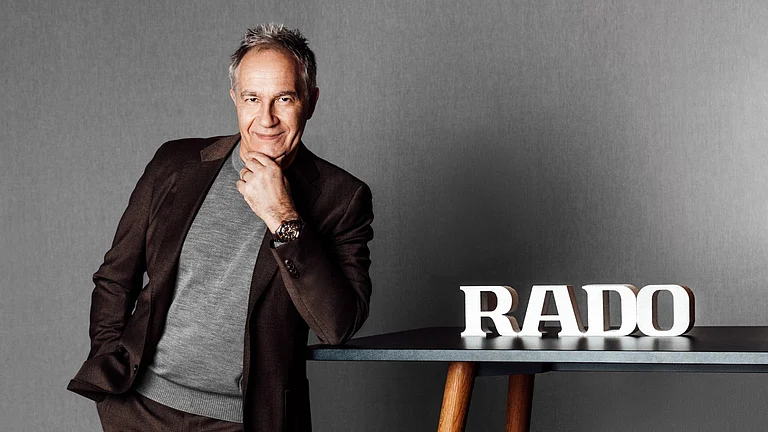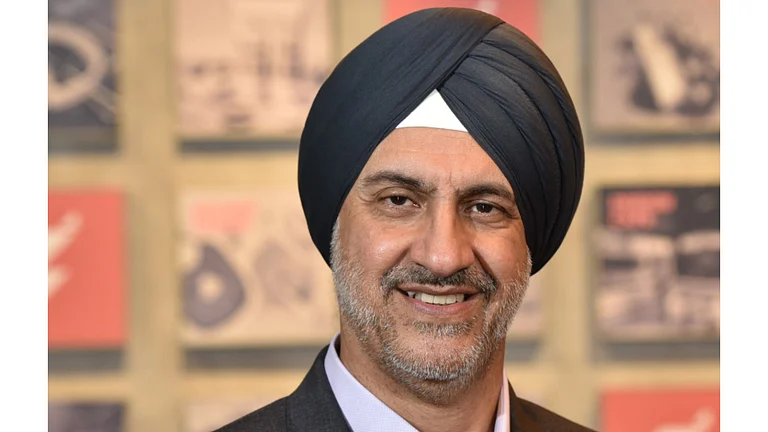Pepsi and Coca-Cola were still some decades away from Indian stores when a bullock cart trundled through the streets of Ahmedabad, stacked with glass bottles of fizzy goli sodas. Behind it were retired Army officer Phiroja Khambatta and his son Areez, then in his teens.
For Phiroja, it was a modest business. Under Areez, it would grow into Rasna—a name that would become a household staple across India, famous for its 1984 ad film with the tagline "I love you, Rasna".
Before Rasna, the company under Phiroja was named Jaffe. In the 1970s, Areez rebranded it and began producing soft-drink concentrates, turning the family venture into a national brand and carving its place in middle-class homes with its affordability. Over the next four decades, it became a part of everyday lives, dominating the soft-drink concentrate market with little real competition.
The company is now led by Areez’s son, Piruz Khambatta, who credits his father for bringing him into the business at an early age. The decision prepared him to chair the company while still young.
“Even today, if a family from a middle-class or a lower-middle-class income group hosts a birthday party for nearly 25–30 kids, the cost of serving them juice or cold drinks will be quite a lot. On the other hand, if you choose Rasna, you can serve both the food and Rasna at the cost of the juice,” says Khambatta, who is chairman of the company.
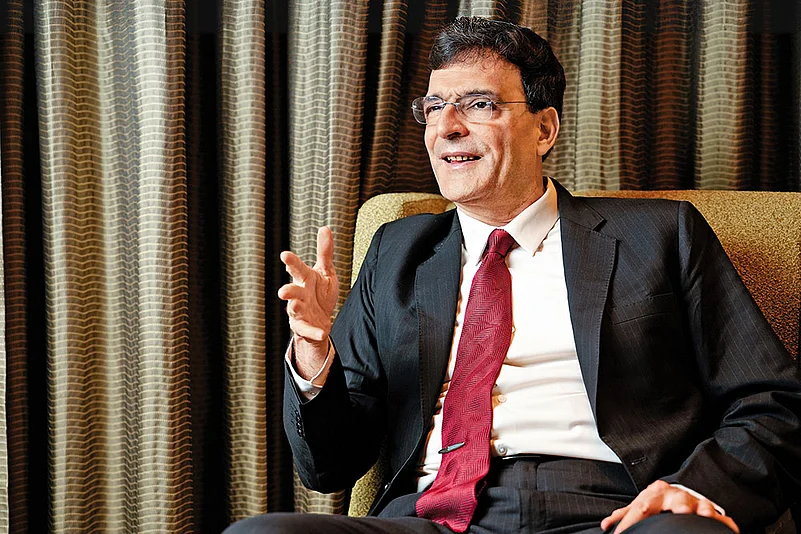
In Every Corner
Today, Rasna commands 80–90% of India’s soft-drink concentrate market, with a distribution network that spans more than 1.6mn retail outlets. It operates 11 manufacturing units across the country and has expanded its footprint to over 60 countries worldwide. The brand is particularly popular in Africa, appealing both to value-conscious consumers and the health-focused.
Rasna’s global footprint extends through franchise models in Bangladesh, Ethiopia and other countries. Local partnerships allow the brand to sidestep high customs duties while promoting its presence abroad. The strategy is clear: manufacture in India wherever possible, leverage government initiatives like the production-linked incentive (PLI) scheme and boost the Make in India push.
Closer home, Rasna took a major step towards expansion in May 2025 by acquiring fruit-drink brand Jumpin in a ₹350-crore deal. Bypassing conventional e-commerce platforms, the company now reaches over 1,00,000 outlets directly through a business-to-business WhatsApp ordering system.
By early next year, its 11 factories will be supported by four new Jumpin-focused franchise plants slated to open in Ranchi, Punjab, Gujarat and Chittoor, broadening both distribution and accessibility.
Over time, the brand has also diversified beyond juices, adding soups, spreads, syrups, honey and health powders to its portfolio, as well as a chain of cafes under the name Rasna Buzz. The approach, however, remains pragmatic.
“We don’t over-market products like soups or Chyawanprash,” says Khambatta. Instead, these lines are distributed mainly through conventional retail, filling seasonal gaps and reaching markets where health-focused products are hard to come by.
Changing with the Times
Diversification also reflects a larger shift in consumer behaviour. For decades, Indian buyers were thought to overlook labels, sugar content or health claims, but that perception is changing fast. “You’ll be surprised. Indians are now very conscious of what they consume,” says Khambatta.
Rasna has moved with the trend. Khambatta points out that the company was the first in India to offer low- and zero-sugar powdered drinks, giving consumers control over sweetness levels at home. It also rolled out the iconic ₹10 pack: three glasses of the drink at an unbeatable price point.
The health focus runs deeper than marketing. Rasna invests in R&D to ensure its products deliver on quality: natural colours, no artificial flavours, zero artificial sweeteners and inclusion of 11 vitamins and minerals.
The idea is to position Rasna as not solely a budget-friendly drink, but also a health-conscious and forward-looking brand. “Our vision is not to replace juices or ready-to-drink beverages, but to expand the powder-drink category into the health segment. The new generation is more conscious about what they consume and labels matter now more than ever,” says Khambatta.
Despite being homegrown, Rasna has long commanded cultural resonance; endorsed over the years by celebrities from Kapil Dev and Hrithik Roshan to Kareena Kapoor and cricketing legend Vivian Richards.
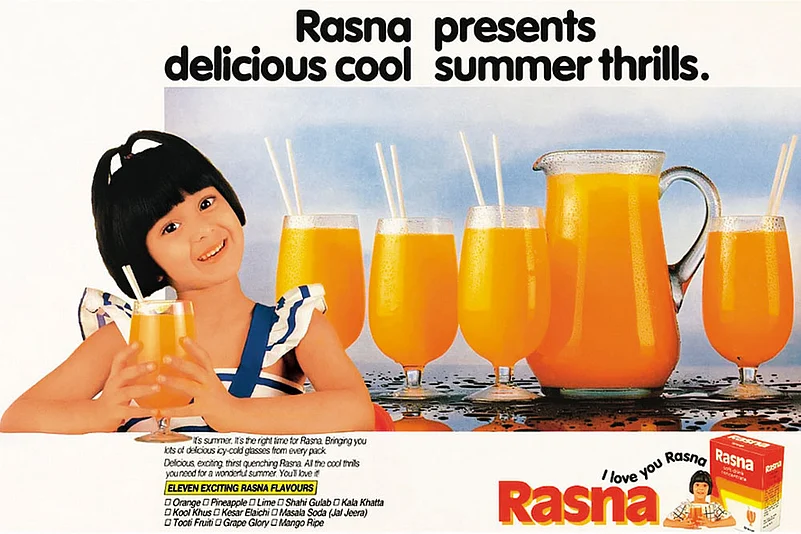
But relevance today is as much about presence online as it is about nostalgia. Aware of this shift, Rasna has adopted digital transformation even though traditional distribution channels still dominate. Since the pandemic, its e-commerce sales have surged 700%, with its own website now offering 48-hour delivery across India through tie-ups with logistics firms.
Yet the company has avoided overreliance on e-commerce giants, citing prohibitive margins. Instead, it focuses on strengthening its own digital platforms, supporting local distributors with mobile apps, and ensuring reach in even the remotest corners without depending too heavily on quick-commerce players like Blinkit or Instamart.
“It’s not just about selling a product, but about reaching the consumer efficiently,” says Khambatta. He recalls once ordering an orange squash online at 10pm for a drink mixer and having it delivered within 15 minutes. That same expectation of speed and accessibility now informs Rasna’s strategy: using technology to adapt while keeping cost-effectiveness at the core of the business.
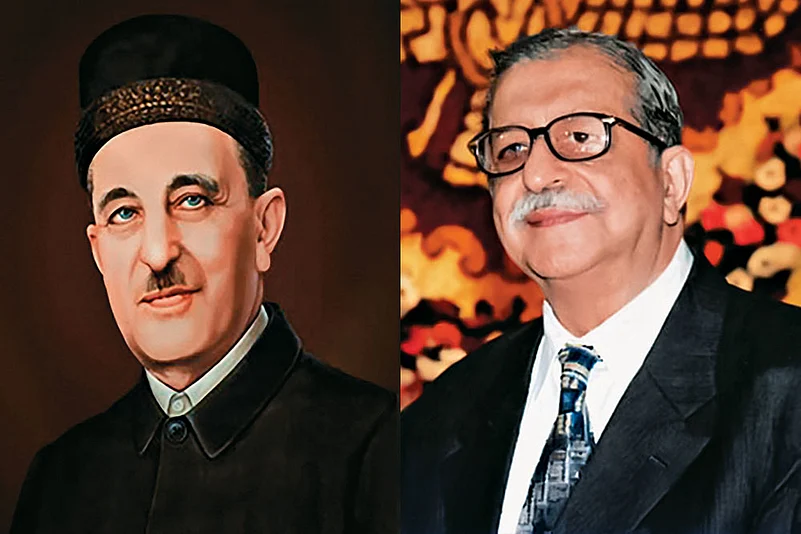
Building for the Future
Most family businesses falter after the second or third generation, but Rasna’s leadership credits its continuity to a strong belief in hands-on experience. All of Piruz Khambatta’s children are actively involved in the company today: his eldest daughter oversees trade and e-commerce, his son manages flavour production—following in the footsteps of his grandfather—and his younger daughter focuses on finance and audits.
None of them were handed positions outright. “We don’t want to give a job on a platter. We need them to work hard, know the business intimately and understand India,” says Khambatta.
This philosophy contrasts with many contemporary business families that send the next generation abroad for management degrees but keep them removed from ground realities. “Indian business is very different from a textbook case. Unless you are willing to get your hands dirty, you cannot succeed,” he adds.
What does the future hold for Rasna? With its long-standing presence in the market, the company aims to keep evolving. Recent launches, such as modern packaged nectars made with real fruit and low sugar content, are integral to its continued focus on product innovation.
“Our strategy is simple, build the best quality products, understand evolving consumer needs and ensure our supply chain remains independent. We are not just a soft drink-concentrate company anymore; we are a holistic beverage brand for India and the world,” says Khambatta.
Today, Rasna commands nearly 80% of the market share in its category. Its approach, too, has been rooted in pragmatism and long-term thinking.
Khambatta sees the brand as deeply Indian, globally ambitious and consumer-centric. With this vision, India is not just a growing market, but on the path to becoming the world’s largest consumer market in the next 30 years. “This is where the opportunity lies,” he says.








